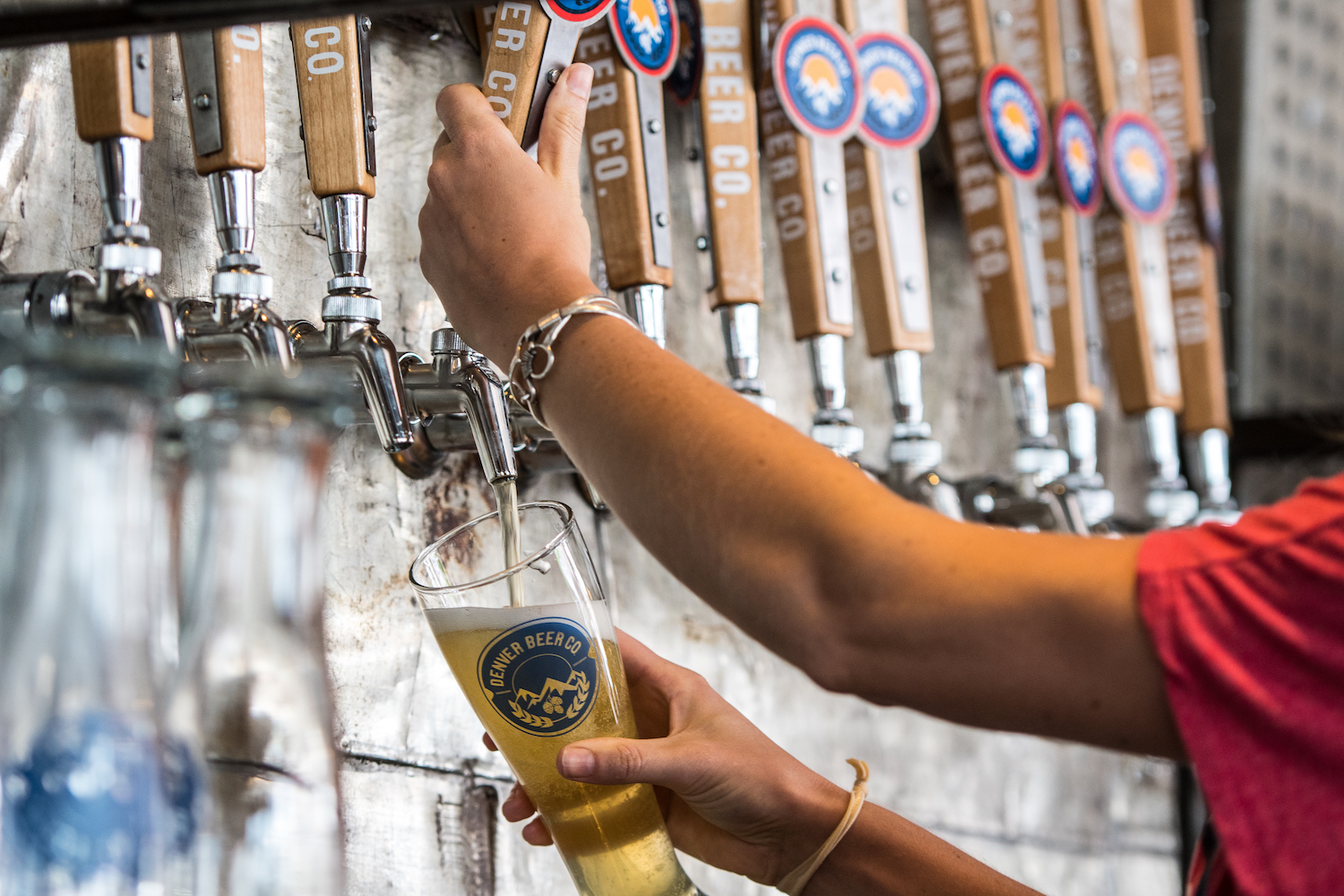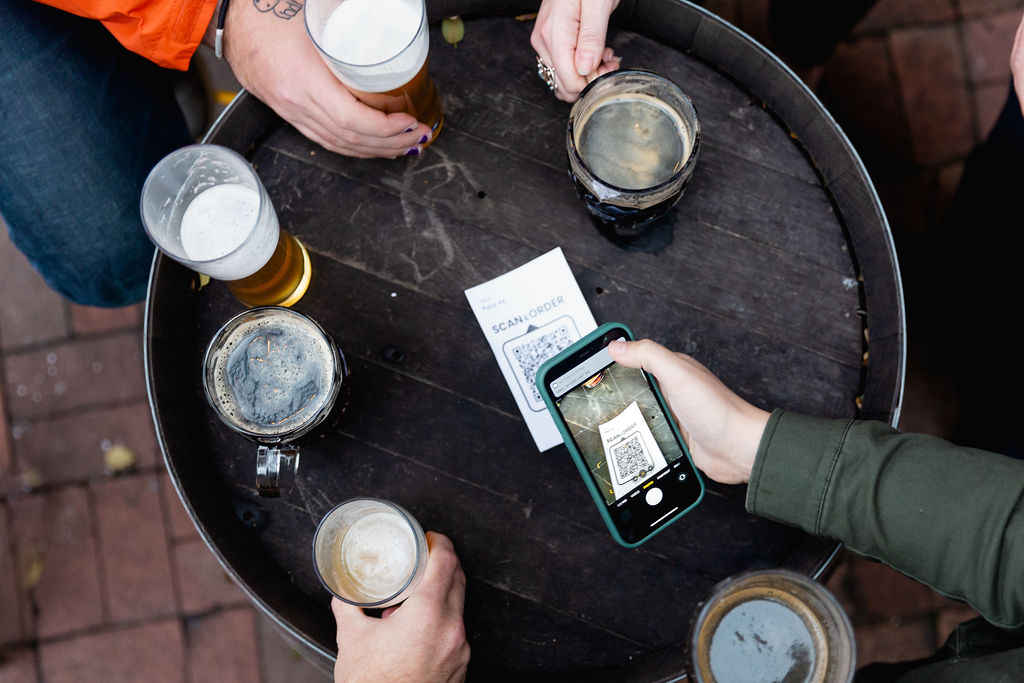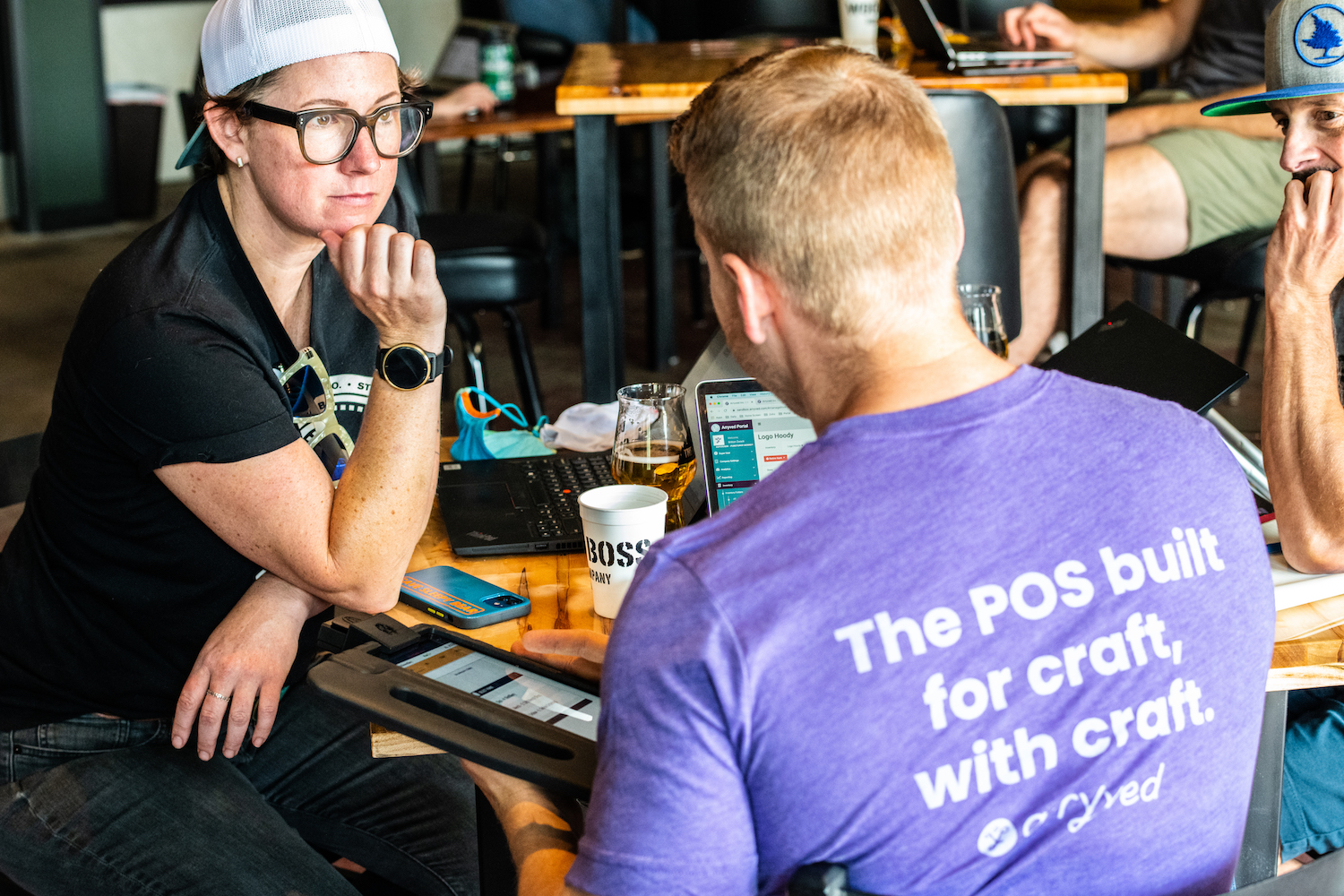How Much Does a POS System Cost?
What can you expect for a POS system cost? Let’s break it down by software, credit card processing, hardware, onboarding, and support.
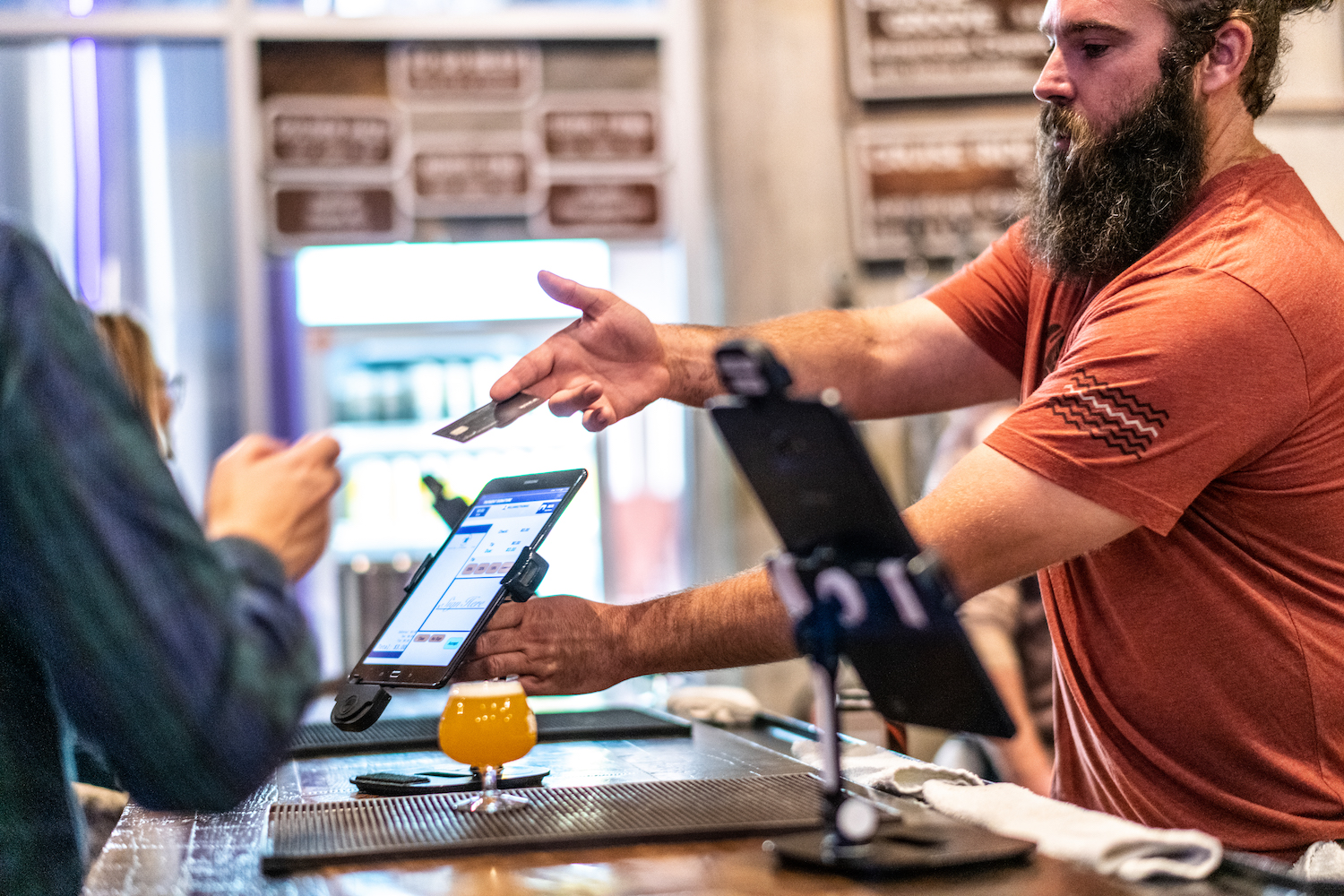
Shopping around for the right point of sale (POS) system can be equal parts exciting and stressful. It’s a big financial (and sometimes emotional!) investment for your business and you want to make the right choice.
So what can you expect for a POS system cost? Let’s break it down by software, credit card processing, hardware, onboarding, and support.
First, Do Some Soul Searching
It’s important to identify what your ultimate goal with your POS system is. Do you want robust reporting tools? Incredible customer support? The cheapest option you can find?
The truth is, a POS system can feel like a big expense at the time, but if you find a good one, you’ll ultimately be saving money. Afterall, your point of sale should be doing time-consuming tasks for you (like streamlining service with QR code ordering) and eliminating the need for third party software. So keep your business goals in mind, and be reassured that you’re making a purchase that your future self will thank you for!
What To Beware Of
We’ve been around the POS system cost block, so be wary of this when you’re on the hunt:
- Some POS companies will try to dazzle you with an inexpensive rate upfront, but that usually means you’ll be paying the big bucks in other ways (long-term costly contracts, pay per features, and ongoing support or device fees).
- Long-term contracts are often the price you pay for discounts upfront, but you could get yourself in a pickle with contractual agreements. It’s usually a big cost to break a contract, and you don’t want to sign a long agreement before you know that you’re happy with your new POS.
Your Business Type Impacts Your POS System Cost
The size of your business can play a large part in determining your POS system cost. The number of employees you have, and therefore number of devices you need, affect your hardware cost (more on that later!)
The industry you’re in can also play a role in cost. Obviously a drink-only bar will differ in needs from a full-service restaurant. Keep an eye out for features you want to utilize (like a loyalty program) and make sure your prospective POS systems can support them! Also be sure that the features you’re shown in a demo are included in your purchase, so you don’t have unexpected feature costs later on.
Keep your 5 year plan in mind before you commit to a point of sale system—the last thing you want is for your POS to limit your company’s growth!
POS Software Costs
To sign on to any point of sale system, you can expect to pay a monthly or annual software payment. Of course, month-to-month pricing is more expensive than yearly, but as mentioned above, those contracts are typically trying to lock you into a longer partnership.
- POS Software Cost: $0-250 per month
- Additional Features: $25-75 per feature, per month
Additional features in a POS system cost can include gift card capabilities, loyalty programs, online store, offline mode, inventory tracking, and QR code ordering. All of those features may sound great, but the bill can add up quickly if your POS charges you to access them. (Not all POS companies do!)
POS and Credit Card Processing Costs
Processing fees are a big, cheesy pizza and everyone wants a slice! Here’s a glimpse into how this fee is divvied:
- Merchant gateway charges per transaction
- Acquirer charges a buy rate
- Processor charges the plus on interchange plus
- Card networks charge interchange fees
It’s a little complicated, but the short of this cost is that accessing credit card networks isn’t free, and every credit card issuer has a base fee. There are also flat fees per transaction, and these vary by POS provider. Here is some vocabulary you should be familiar with:
Interchange is the pass-through costs set by card networks and issuing banks. It’s a variable rate that changes based on each individual transaction, and it’s impossible to perfectly predict ahead of time. It’s also non-negotiable, and everyone that accepts credit cards pays these fees.
- Interchange Plus = Interchange Rate + % of transaction + transaction fee
That equation is how POS companies determine credit card processing fees. Because Interchange is variable and non-negotiable, you should keep an eye out for the other 2 numbers that your prospecting POS presents. The percentage of the transaction and the transaction fee vary by POS provider.
Keep in mind that every POS company is hopping the same credit card processing hurdle. If a POS company is boasting incredibly low rates here, they are making up that money elsewhere, likely in fees for additional features or customer support.
POS Hardware Costs
Purchasing all the necessary hardware for your establishment can seem like a big spend upfront, but it’s worthwhile if you’re getting quality devices. Speedy, durable technology is vital to running your business efficiently!
Some POS providers will offer bundles, with all the standard equipment a small-midsize business would need.
- Hardware Bundle: $1400-1600
Let’s look at what comes in a typical bundle, broken down by each individual cost:
- Terminal with Credit Card Reader: $400-800
- Handheld Ordering Device: $400-600
- Card Reader: $50-200
- Cash Drawer: $75-200
- Receipt Printer: $300-400
Then there are add-ons that you can purchase, business-dependent:
- Kitchen Display System: $1000-1500
- Kitchen Printer: $300-400
- Customer-Facing Display: $100-300
- Self-Serve Kiosks: $200-500
Keep in mind that the above costs are averages, and some hardware is much more expensive. This list is also stating the cost of one piece of each of the equipment types, and your business may require more depending on your size and the amount of staff members you have, which would have an impact on your POS system cost!
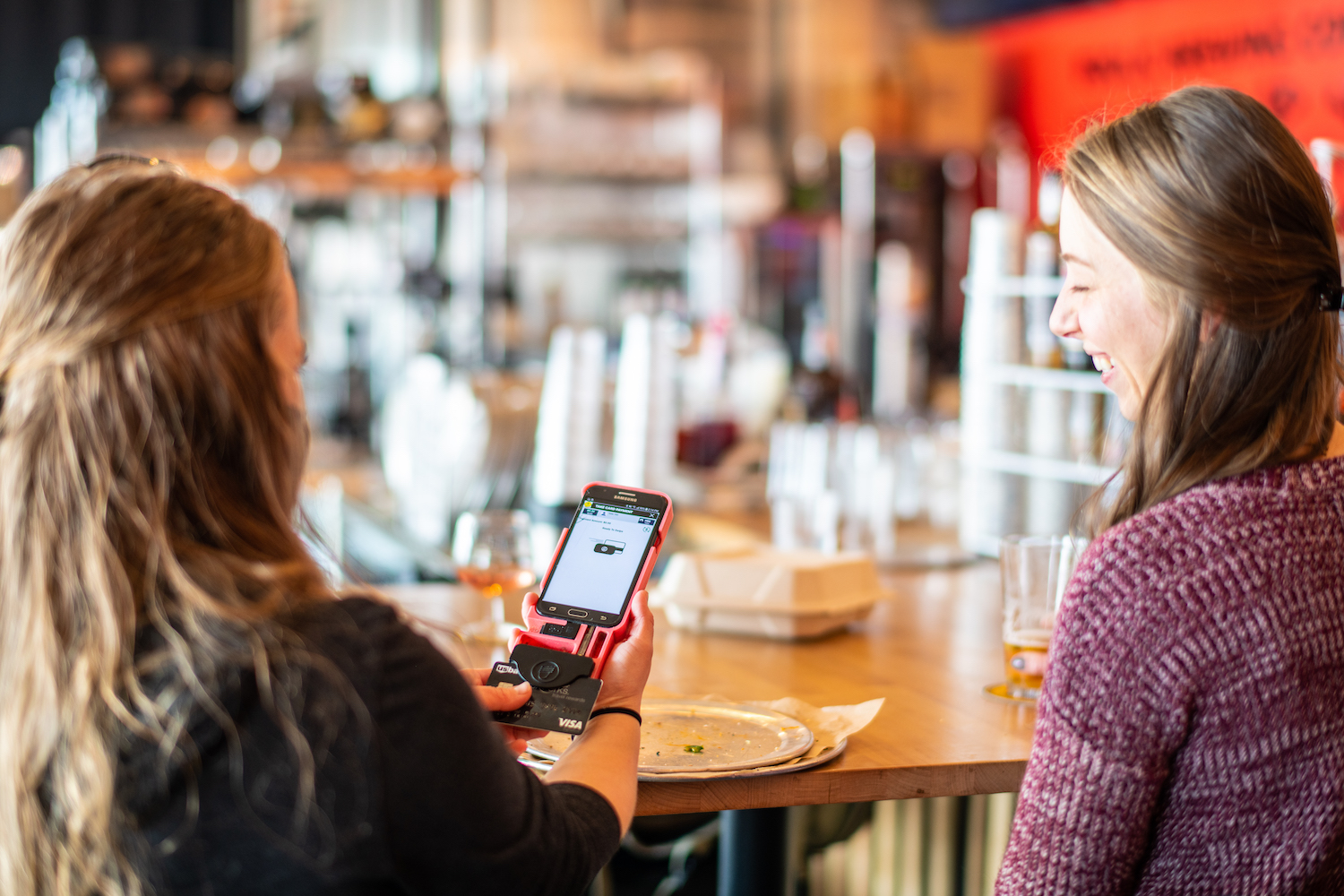
Some POS companies offer proprietary hardware systems that are custom-built to work with their point of sale software. These devices are typically more expensive, but they usually come with a warranty and hardware support if something goes wrong.
Another hardware option would be open source components, meaning you shop on your own for compatible hardware with your POS system. This may be a cheaper option at first, but could end up costing you more money because resellers vary in quality. Most POS providers recommend buying hardware from them, and for good reason.
Some business owners also choose to lease hardware, and it’s not suggested. You’ll likely end up paying more in the long run than just buying it outright, and you also run the risk of getting stuck in a contract with a big fee to pull out of it.
POS Onboarding Costs
Not all POS companies charge for onboarding, but it’s something to keep in mind when comparing POS system costs. Here are some typical prices for those that do:
- Custom Menu Build: $400+
- Remote POS Installation: $50-80 per hour
- On-site POS Installation: $100+ per hour
Onboarding to a new POS is a big transition, and you want to make sure that these installations include comprehensive training for your entire staff.
POS Customer Support Costs
This POS system cost is variable as well—some companies charge for unlimited customer support, and some charge on a per-request basis. These payments are tricky to swallow, because while you don’t want to run up your monthly bill, you also want your point of sale system to be running to the best of its ability.
- Customer Support Fee: $200-300 per month
Be sure to inquire about this fee when you’re doing your research!
All-In Average POS System Cost
Let’s take the averages of all the costs laid out above to determine the total POS system cost for Year 1:
- POS Software: $1,500
- 4 additional features: $2,400
- POS Hardware bundle: $1,500 (one-time purchase)
- KDS + kitchen printer: $1,600 (one-time purchase)
- POS Onboarding: $500 (one-time purchase)
- Customer Support: $3,000
This total comes to $10,500 before you add in credit card processing fees.
If you exclude the one-time purchases, you can expect to pay $6,900 per year after Year 1, in addition to credit card processing fees.
As mentioned earlier, all POS companies are footing the same credit card processing bill. It’s safe to assume that nickel and diming through those rates isn’t a worthwhile use of time. Instead, focus on the additional monthly costs, like customer support fees. That’s where you’ll be able to better narrow your options down and cut costs.
The people most happy with their POS solutions are ones that believe their POS is a good personal fit for their specific business. Think about the following:
- Is the POS built to accommodate your specific industry?
- Does the POS have a knowledgeable support team available?
- Does the POS provide features and tools that are helpful to your business?
Money isn’t the be-all-end-all. Make sure your POS system serves your staff, guests, and business as well as it serves your wallet.
A Transparent, Cost-Efficient POS System
Arryved POS is a point of sale system built by hospitality professionals, for hospitality professionals. We pride ourselves on being transparent with our POS system costs, and pricing our system to provide the best support at a fair price. Here are some pricing highlights:
- Software: $0 in software-associated fees
- Additional Features: $0
- Credit Card Processing: A fraction of competitors’. Talk to a specialist to get your rate!
- Hardware: $0 monthly fees after you choose the devices to purchase on Day 1
- Onboarding: $0
- Unlimited Customer Support 7 Days/Week: $0
Arryved doesn’t do contracts. We do partnerships! We have your bottom line in mind, and want to “wow” you with our system’s functionality, impressive suite of additional features, and best-in-class customer support. Sign up for a demo to learn more!

